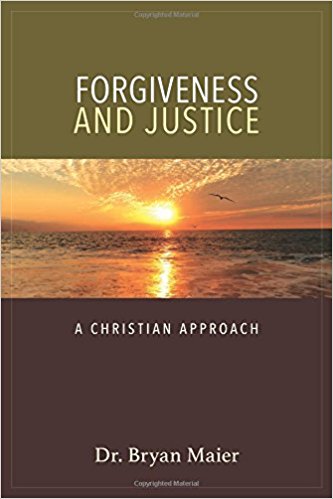In his 3rd hour last week, Miroslav Volf spoke on forgiveness. I say hour, but really it was only about 40 minutes with breaks and chatting. Here’s some of his thoughts that you can find in both End of Memory and Free of Charge.
1. We tend towards one of three reactions to wrongs: (a.) Revenge (taking mode). Doesn’t measure the response, just reacts, (b) Retribution (exchange mode). Deserving punishments meted out. The eye for an eye. And this mode considers not just what is taken but compensation for the violation itself. (c) Forgiveness (giving mode). Giving the gift of not counting wrongs against the wrongdoer.
2. Modern culture sees forgiveness as a gift to self to get rid of the poison of bitterness rather than a gift to the offender. While forgiveness may have this consequence, to view it only this way is to minimize the gift of releasing the other.
3. Why do we forgive? Because God is a giving and forgiving God.
4. Be careful not to minimize the hard activity of forgiving the offender. Forgiveness names the other as a criminal. It claims an injustice. It is a call for justice. But then follows up the call with a generous deed–not counting the act against the person.
5. Why does God do this? Because time does not run backward. Our misdeeds stick to us and we need freedom.
6. What about forgiving and forgetting? For 2500 years these two were tied together, that forgiveness should lead to forgetting or not remembering the acts done. The modern world has cut them apart. We want to forgive but remember. And yet the most amazing gift would be the forgetting of our sins. “Properly understood, forgetting is the crown of forgiveness.” Volf (in his books) is not unthoughtful about the difficulty in forgetting, but thinks we may be too quick to untie the two acts.
7. Finally, we cannot talk about forgiveness without also talking about the need for repentance. If we do not repent we do not receive God’s gift. If we forgive another, the gift cannot be received without repentance. While you can give a gift unilaterally, it will not reach its full goal without the proper response. Gift giving is a social relationship.
THUS, You can say “I have forgiven you.” But unless it has been received with repentance, then forgiveness hasn’t occurred nor can reconciliation.


 e of Christian circles. Bryan describes some of these approaches to forgiveness (do it because it is good for your health, do it to restore relationships, do it following a prescribed set of steps, etc.) and lays out a clearer definition of forgiveness and related concepts (justice, empathy, grace, repentance, and more). Without being overly methodical, Bryan examines the processes needed to move to active, other-centered forgiveness. However, along the way he spends a good deal of time talking about things such as the imprecatory Psalms (asking God for justice)–something not often found in literature encouraging us to forgive.
e of Christian circles. Bryan describes some of these approaches to forgiveness (do it because it is good for your health, do it to restore relationships, do it following a prescribed set of steps, etc.) and lays out a clearer definition of forgiveness and related concepts (justice, empathy, grace, repentance, and more). Without being overly methodical, Bryan examines the processes needed to move to active, other-centered forgiveness. However, along the way he spends a good deal of time talking about things such as the imprecatory Psalms (asking God for justice)–something not often found in literature encouraging us to forgive.